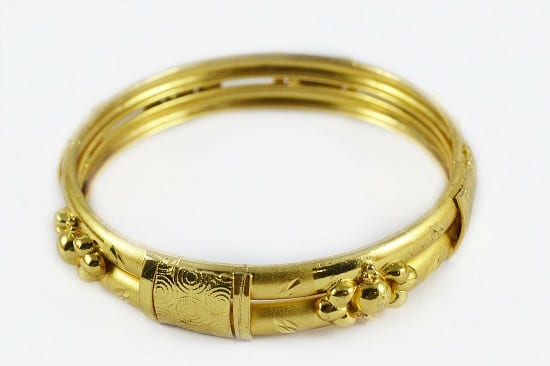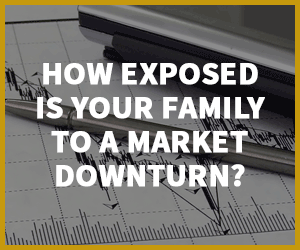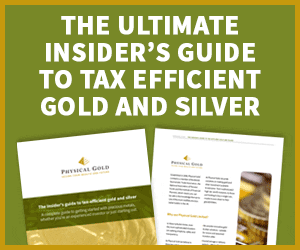Blog
Counterparty Risk: Risky Business…
The global spread of counterparty risk
Before the demise of Lehmans, AIG and the collapse of thousands of other financial powerhouses – the words “Counterparty risk” was generally used as more of a conjectural concept. Today the phrase is used to describe both the cause and effect of our global financial status-quo. Counter-party risk reduces confidence in financial instruments. Savings accounts, government bonds and low risk equities are now seen as a matter of last resort owing to its higher risk and lower reward reputation. The literary meaning of a savings account defies the purpose in which it should be used. It’s difficult to save if the level of return is less than the rising costs of living. It’s impossible to save, if the institution responsible for holding your savings has ceased to exist. The phenomenon of counter party risk goes beyond possible and now exists in a wide and spreading sphere of probable.
People can lose money in financial instruments regardless of the vigour of their investment.
Third party ownership of assets creates counterparty risks
Owning an undervalued mining stock with great earning potential and little (perceived) downside risk still attracts the prospect of a board of directors manipulating its value. Equally, its bank’s reluctance to lend money and/or inflated borrowing rates has contributed to the demise of many companies over the last few years. Whilst Gold ETF’s track the price of physical gold – if a large proportion of holders were to sell their holdings, there wouldn’t be enough physical gold to cover peoples’ investments. The most prevalent example of counterparty risk is buying a low yielding government bond in Greece 7 years ago, only to discover that investors were forced to write up to 50% off their investments.
In order to save money, you need to be earning more than inflation (3.6%) in addition to any currency devaluation. In order to have themoney you need to ensure you have minimised counterparty risk by taking ownership and possession of the investment you have bought. Precious metals are an obvious example of this with the population turning to gold in times of austerity. Often the causes and effects of counter-party risk are the same:
Causes & Effects of Counterparty Risk
- 3rd parties taking uncalculated risk’s
- Exposure to debt in weak markets (e.g. Greece)
- Cost of borrowing increased
- Overall confidence diminished – reduces amount of cash and/or investment in entity
- Legal wrangling and unfavourable settlements diminish profit (e.g Payment Protection Insurance)
- Foreign Exchange exposures prevalent in uncertain markets
- Exposure to rouge traders
How physical gold investments beat counterparty risk
Physical gold is considered to be a safe bet. Several factors in the financial markets established physical gold investments as a safe asset class. One of the prominent factors is the lack of counterparty risk. As explained earlier, counterparty risks exist when the fulfilment of an investment is dependent on a third party. Stocks and shares of listed companies depend on the performance of that company. In order to generate returns, the stock must perform well in the equity markets. However, holding gold in its physical form nullifies this risk, as the asset is owned and controlled by you. Many people enquire about the advantages of buying gold in its electronic form. This is otherwise known as a gold ETF.
Many investors do not realise that gold ETFs are equally subject to counterparty risks. In many cases, the company that issues the ETF sells large quantities of the paper investment, without ensuring that it is appropriately backed by sufficient gold holdings. As a result, if several investors wish to call back their investments, it becomes impossible for the company to fulfil the payback. In this way, almost every investment vehicle that is linked to the global capital markets carry counterparty risks. The only way to nullify these risks is to own immovable or tangible assets like gold, silver, real estate, etc.


Will counterparty risk continue to rise?
The last financial disaster of 2008 witnessed the demise of large financial institutions like Northern Rock and Lehman Bros. Once again, 12 years down the line, the world is poised to face another possible financial debacle. Government debts are on the rise in several developed economies around the world. The collapse of the Greek economy in 2008 was partially due to the country’s government debt being disproportionate to the GDP.
Currently, China’s government debt is estimated to be 300% of the country’s GDP. If we look at the world around us, we realise that increasingly, companies and financial institutions are declaring bankruptcy. In the UK, there is a real risk of a housing market collapse. Downward adjustments of credit ratings are on the rise. Additionally, there is economic uncertainty created by political events like Brexit.
Download the Insider’s Guide to Tax Free Gold & Silver Investment
All of these factors will continue to put pressure on the global economy and create a toxic situation that could result in yet another global economic crisis. This will lead to a significant decrease in the number of counterparties that are willing and able to take on the risks of global institutional investors. Many watchful investors have already started moving their investments to gold. The current spot price of gold has risen to around $1600 and continues to rise, inching closer and closer towards the all-time market high of 2011. Clearly, investors are moving to the safe haven of gold.
Call us to discuss how you can protect your investments
At Physical Gold, the investment advice we impart to investors like yourself is backed by research on the global economy, capital markets, bond markets, commodities and precious metals. Our advisors are best placed to guide you on how to minimise your risks. In the current economic climate. Call our team on (020) 7060 9992 or get in touch with us via our website. We can help you build a safe and robust precious metals portfolio that can protect your investments.
Image credit: Nuzree




